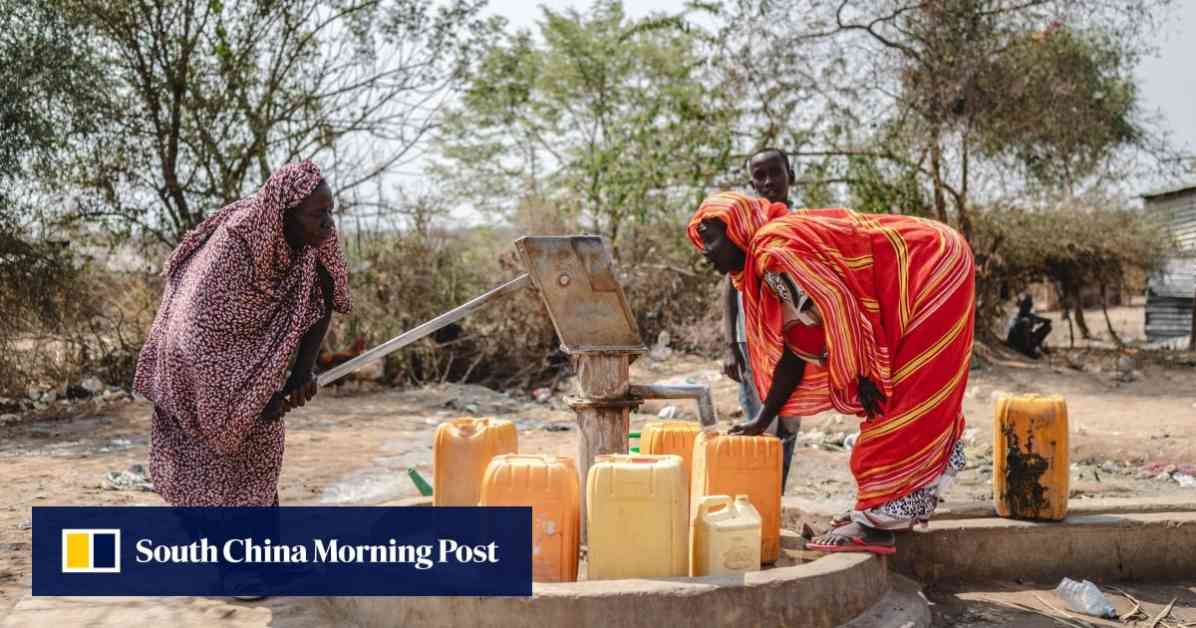South Sudan, the world’s youngest country, has been facing a severe economic crisis as oil exports, which account for over 90 percent of its revenue, have been disrupted for the past year. The primary export route through conflict-ridden Sudan has been damaged, leading to a halt in oil shipments via Red Sea ports. This has left South Sudan struggling to pay its workers and has caused a sharp decline in oil revenues, impacting the overall economy of the nation.
The damage to the Petrodar pipeline, which has been a lifeline for South Sudan’s economy, has had far-reaching consequences. The government has been unable to meet its financial obligations, resulting in high inflation rates and a threat to food security. The situation has been exacerbated by climate change and an influx of displaced people from the north, further straining limited resources in the region.
According to Andreu Paddack, a sub-Saharan Africa country risk analyst at BMI, South Sudan’s economy contracted by a staggering 24.5 percent last year, primarily due to the collapse in oil exports. The ripple effects of this decline have been felt across various sectors, impacting the lives of ordinary citizens who are struggling to make ends meet in the face of economic uncertainty.
China’s Role in the Crisis
In the midst of this dire situation, China has emerged as a key player in South Sudan’s efforts to revive its oil industry. As one of the largest investors in the country’s oil sector, China has a vested interest in stabilizing the region and restoring oil production to pre-crisis levels. In a show of solidarity, China has evacuated its citizens from Sudan as the conflict continues to escalate, highlighting the global implications of the crisis.
China’s involvement in South Sudan’s oil industry has been both a blessing and a curse. While Chinese investments have provided much-needed infrastructure and resources for oil production, they have also faced criticism for their lack of transparency and environmental impact. As South Sudan looks to rebuild its economy, striking a balance between foreign investments and sustainable development will be crucial for long-term stability.
The Road to Recovery
As South Sudan navigates the challenges of reviving its oil industry, the road to recovery is likely to be long and arduous. In addition to repairing the damaged pipeline and restoring oil production, the government must also address underlying issues such as corruption, governance, and security. International support and cooperation will be essential in rebuilding the nation’s economy and ensuring a sustainable future for its citizens.
Despite the hurdles that lie ahead, there is hope on the horizon for South Sudan. With strategic investments, transparent governance, and a commitment to environmental sustainability, the country can overcome its current crisis and emerge stronger than ever. The resilience and determination of the South Sudanese people, combined with the support of the international community, will be key in shaping a brighter future for this young nation.



























